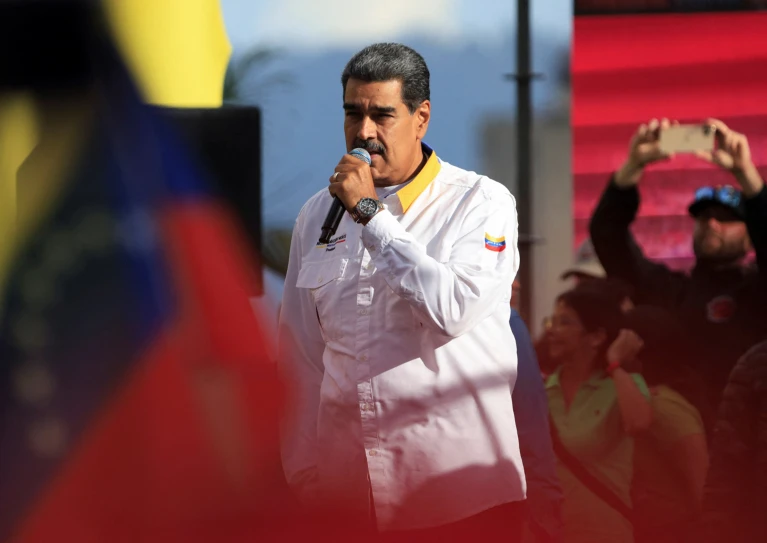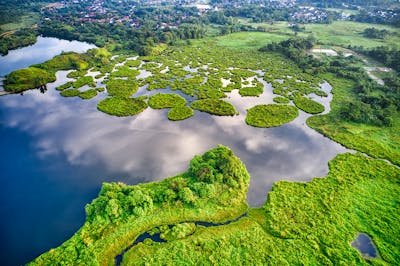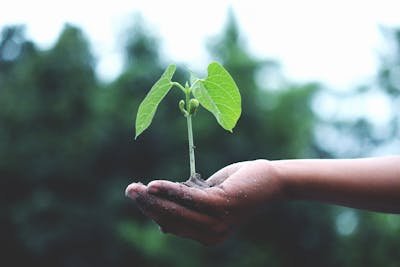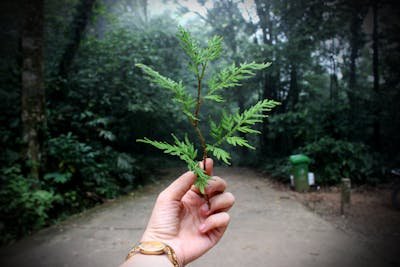Researchers in Venezuela are facing a tough time as the country’s political situation worsens. The government, led by President Nicolás Maduro, is cracking down on opposition, and this is affecting the freedom and work of scientists. Since the contested July 2024 election, over 1,600 people, including students and professors, have been arrested. Many scientists now fear for their safety and are considering leaving the country. Edmundo González, who ran against Maduro in the election, had to flee to Spain to avoid arrest.
The situation for science in Venezuela has been difficult for years, with underfunding and censorship making it hard for researchers to do their work. A recent law passed by the government also makes it harder for non-governmental organizations (NGOs), which often help fund research, to operate freely.
Table: Key Points About Science in Venezuela
| Issue | Detail |
|---|---|
| Political crackdown | Over 1,600 arrests, including academics |
| Research funding | Very low, around 0.3% of GDP |
| Scientist numbers | Estimated to have dropped to around 1,200 |
| New NGO law | Makes it difficult for NGOs to support science |
Political Crackdown Affects Science
The political situation in Venezuela is getting worse, and this is making it difficult for scientists to continue their work. After the contested presidential election in July 2024, many researchers fear for their safety. The government has detained over 1,600 people, including students and professors, since the election. The situation has led to protests, but the government’s crackdown has made many people afraid to speak out. Scientists who spoke to Nature are worried that things will only get worse under Maduro’s rule.
The Decline of Research in Venezuela
Even before the election, research in Venezuela was suffering due to a lack of funding. The Ministry of Science and Technology reported that around 24,000 people were working in research and development, but experts say this number is misleading. It includes anyone with a degree and even staff who clean the labs. In reality, only around 1,200 scientists are still actively working in the country, a huge drop from 7,100 in 2004. The lack of clear information on science spending makes it hard to know the exact numbers, but research output has dropped significantly.
Why Scientists Are Leaving Venezuela
Many scientists are leaving Venezuela due to the difficult conditions. The country’s economy has been in crisis since Maduro took office in 2013, with gross domestic product (GDP) dropping from $373 billion in 2012 to just $44 billion in 2020. National funding for science is around 0.3%–0.4% of the GDP, much lower than the global average of 2.7%. As a result, many young scientists have left the country to seek better education and job opportunities abroad. Those who stay are mostly older scientists who can rely on international funding. Some key reasons why scientists are leaving include:
- Lack of funding for research.
- Poor working conditions in universities and labs.
- Power outages and resource shortages.
- Political instability and fear of government actions.
Senior Researchers Are Also Leaving
It’s not just young scientists leaving Venezuela—senior researchers are also fleeing the country. María Eugenia Grillet, a 64-year-old biologist who studies mosquito-borne diseases, moved to Colombia in 2023 to escape the poor conditions in Venezuela. She had been earning just $70 a month at the Central University of Venezuela. Grillet says the political situation is making life harder for everyone in the country, and many scientists believe things will get even worse.
The Impact of the New NGO Law
A new law passed in August 2024 is making it even harder for science to survive in Venezuela. This law requires NGOs to share information about their funding with the government. Many research projects rely on funding from NGOs, and researchers fear the government will use the law to silence anyone it disagrees with. Scientists working on sensitive topics, like illegal mining in the Amazon or the resurgence of diseases, are especially at risk. Many now work anonymously or have left the country to continue their research safely.
Conclusion: The Future of Science in Venezuela
Science in Venezuela is in danger as political and economic problems continue to grow. Researchers face difficult working conditions, lack of funding, and fear of government action. Many have already left the country, and those who remain worry that independent science in Venezuela may soon disappear entirely. Scientists like Jaime Requena believe that science helps connect people to the world and that losing this connection will be a tragedy for Venezuela.



